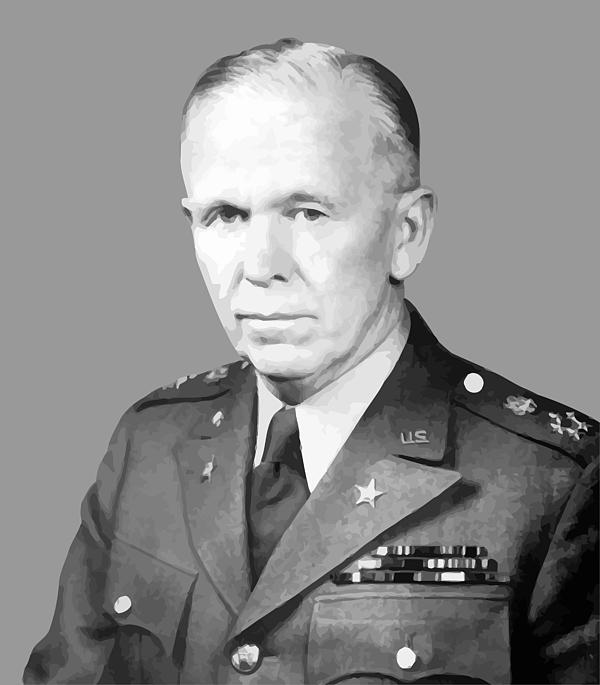Giving Critical Thinking Some Critical Thought
Wednesday, November 29th, 2017[Mark Safranski / “zen“]

This is a useful, quick read…
….The advantages of being intelligent are undeniable. Intelligent people are more likely to get better grades and go farther in school. They are more likely to be successful at work. And they are less likely to get into trouble (e.g., commit crimes) as adolescents. Given all the advantages of intelligence, though, you may be surprised to learn that it does not predict other life outcomes, such as well-being. You might imagine that doing well in school or at work might lead to greater life satisfaction, but several large-scale studies have failed to find evidence that IQ impacts life satisfaction or longevity. University of Waterloo psychologist Igor Grossmann and his colleagues argue that most intelligence tests fail to capture real-world decision-making and our ability to interact well with others. This is, in other words, perhaps why “smart” people, do “dumb” things.
The ability to think critically, on the other hand, has been associated with wellness and longevity. Though often confused with intelligence, critical thinking is not intelligence. Critical thinking is a collection of cognitive skills that allow us to think rationally in a goal-orientated fashion, and a disposition to use those skills when appropriate. Critical thinkers are amiable skeptics. They are flexible thinkers who require evidence to support their beliefs and recognize fallacious attempts to persuade them. Critical thinking means overcoming all sorts of cognitive biases (e.g., hindsight bias, confirmation bias).
Read the rest here.
Most people will say (without critical thought) that critical thinking is a good thing but fail to define what they mean by that term. Usually right before they complain that schools and higher ed aren’t imparting the desired but undefined critical thinking skills to their students. While this stereotypical complaint is accurate as far as a generalization, it underestimates how much imparting such skills in students is generally opposed in practice by Left and Right. Argumentative peons who can think for themselves? Really, when in history has this ever been popular? Seldom with rulers and not often with the ruled; sheep do not enjoy the bark of the sheepdog even when the dog is defending the flock from the wolf.
There are idiotic factions on the Right, often socially conservative home schooler types who openly complain about “critical thinking” in the public schools as s kind of liberal conspiracy to replace content knowledge. It isn’t. Though the reverse idea, to minimize the idea of a canon of core content knowledge, has appeared in ed fads, including aspects of the (deservedly) controversial Common Core Standards which was pushed by a cabal of billionaires, establishment GOP hacks, the Pearson corporation and the Obama administration in order to nationalize the school curriculum and vastly increase standardized testing. It is this recurring pattern of of political-academic-big business charlatanism in American education that gives this perennial right wing complaint traction. The public ed community in the past 40 years has pushed a lot of dubious programs and theories on students and the taxpayers. And still are; often in service of bureaucratic or political agendas like corporate ed reform.
The political Left is no better and in some ways, worse. If ever there was a cultish, anti-critical thinking, movement for brain dead indoctrination, it’s the social justice/identity politics movement. Rarely have more intelligent people been made to say stupidly nonsensical things on a college campus than in the past two years. It’s play-acting Red Guardism and vicious moral one-upmanship but as an ideology, SJW identity politics works socially as a self-referential, closed system to inoculate the believer from any need to consider contrary ideas and justify, if need be, violently suppressing them in others.
Critical thinking involves a capacity to use logical reasoning, the skills at the top of Bloom’s taxonomy, probabilistic reasoning and several other important intellectual skills in pursuit of rational, skeptical inquiry. It’s powerful. So powerful that it has been an engine of mankind’s progress whenever it has been given enough freedom to flourish. The flip side is that critical thinking in essence and outcome is also ultimately subversive of all ideologies and regimes. Without exception – and there is the rub. There’s a reason in other words, that Athens put Socrates to death. And we are no better. We do it daily on Twitter, albeit metaphorically because millions of Americans today can neither think critically nor stand to see others do it if it calls their cherished sacred cows to account.
We can teach critical thinking skills along with content. It’s not hard, assuming you can think critically yourself. We don’t systemically do this because we create ed systems designed to prevent it (public ed) or hire an army of people opposed to critical thinking on principle (university diversity bureaucracy). I’ll end my rant on this thought: immediately improving American education across the board at all levels could be done without costing one additional cent, but it means getting a lot of self-serving, politicized, rubbish out of the way.





